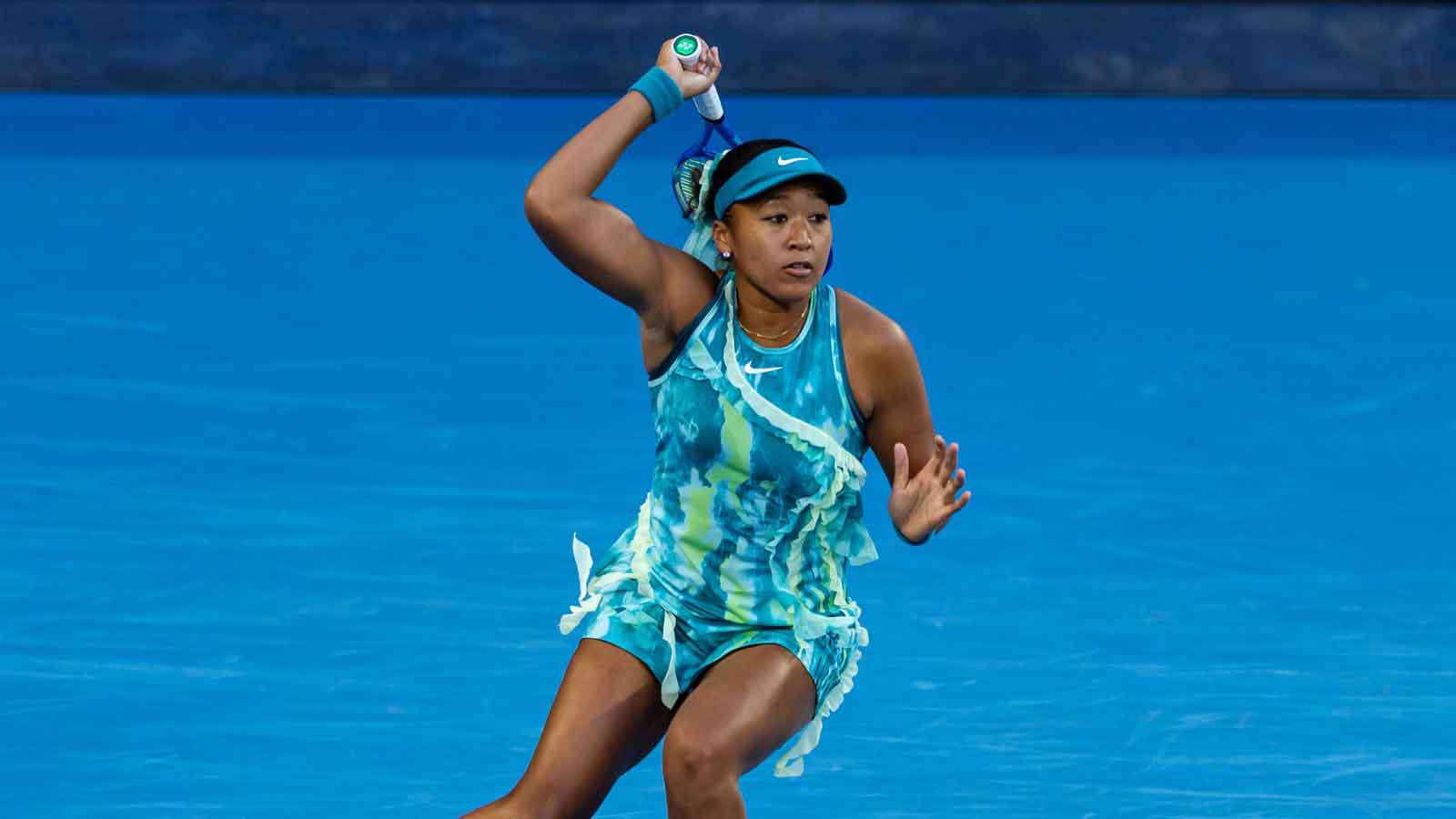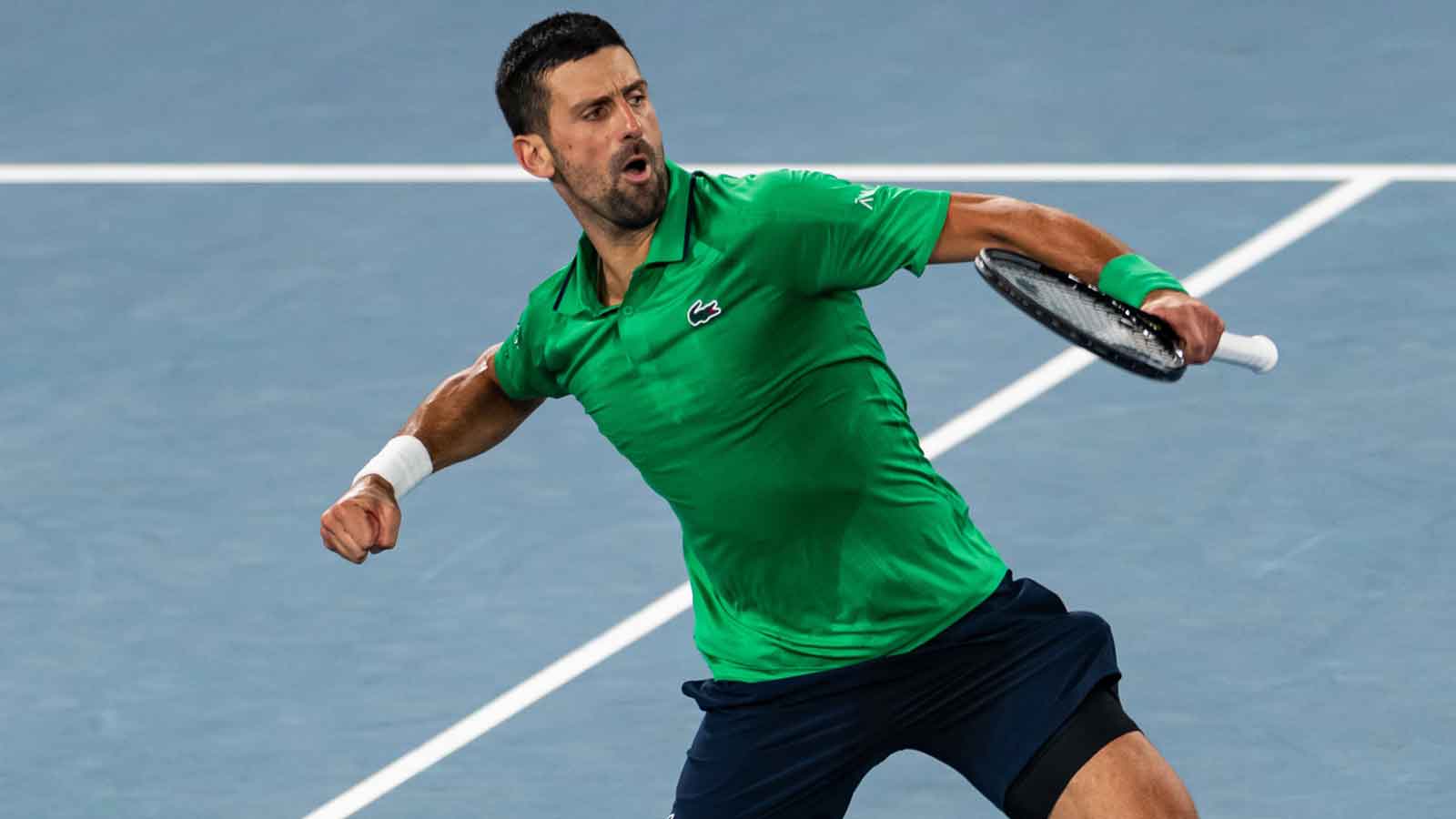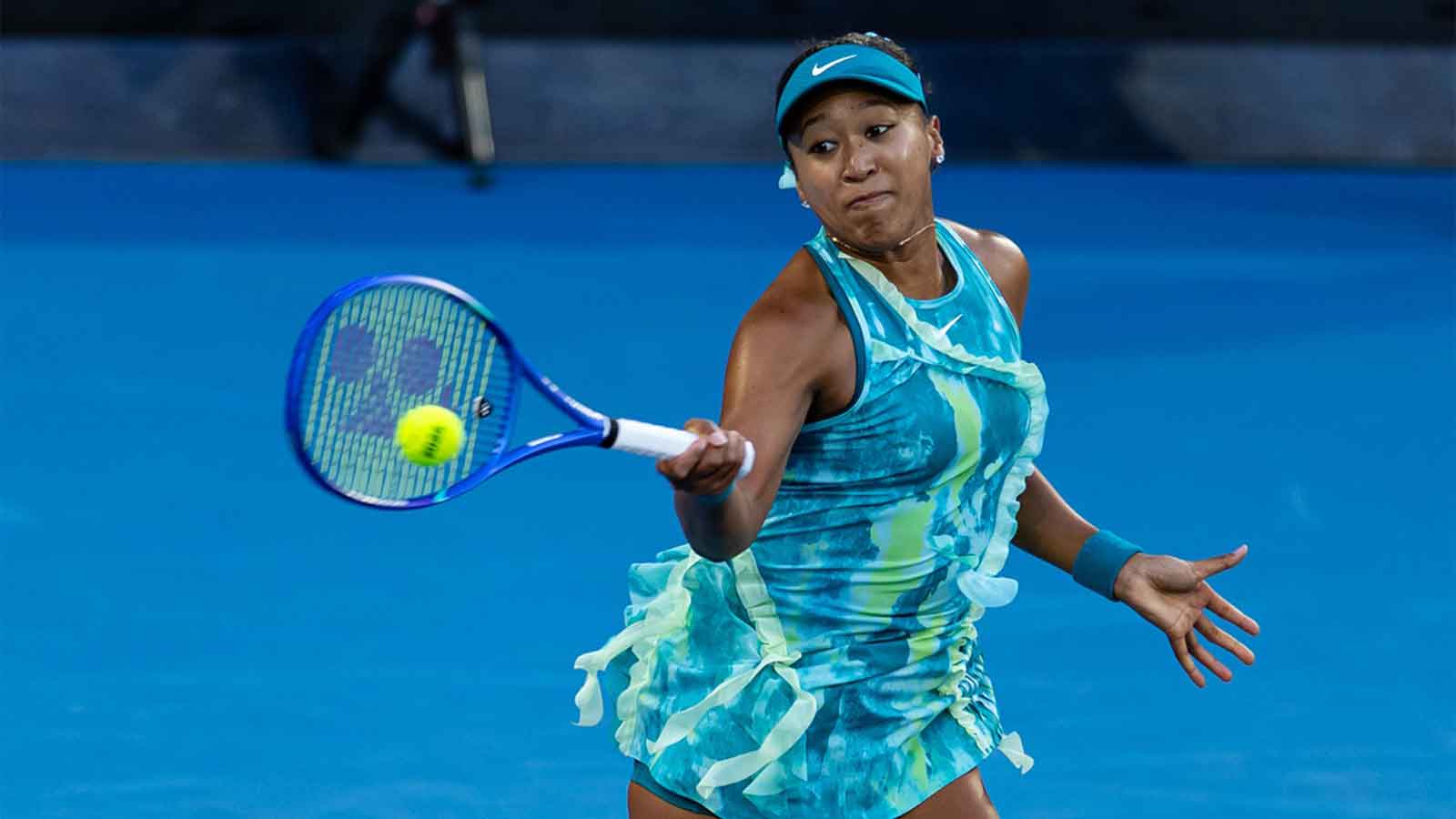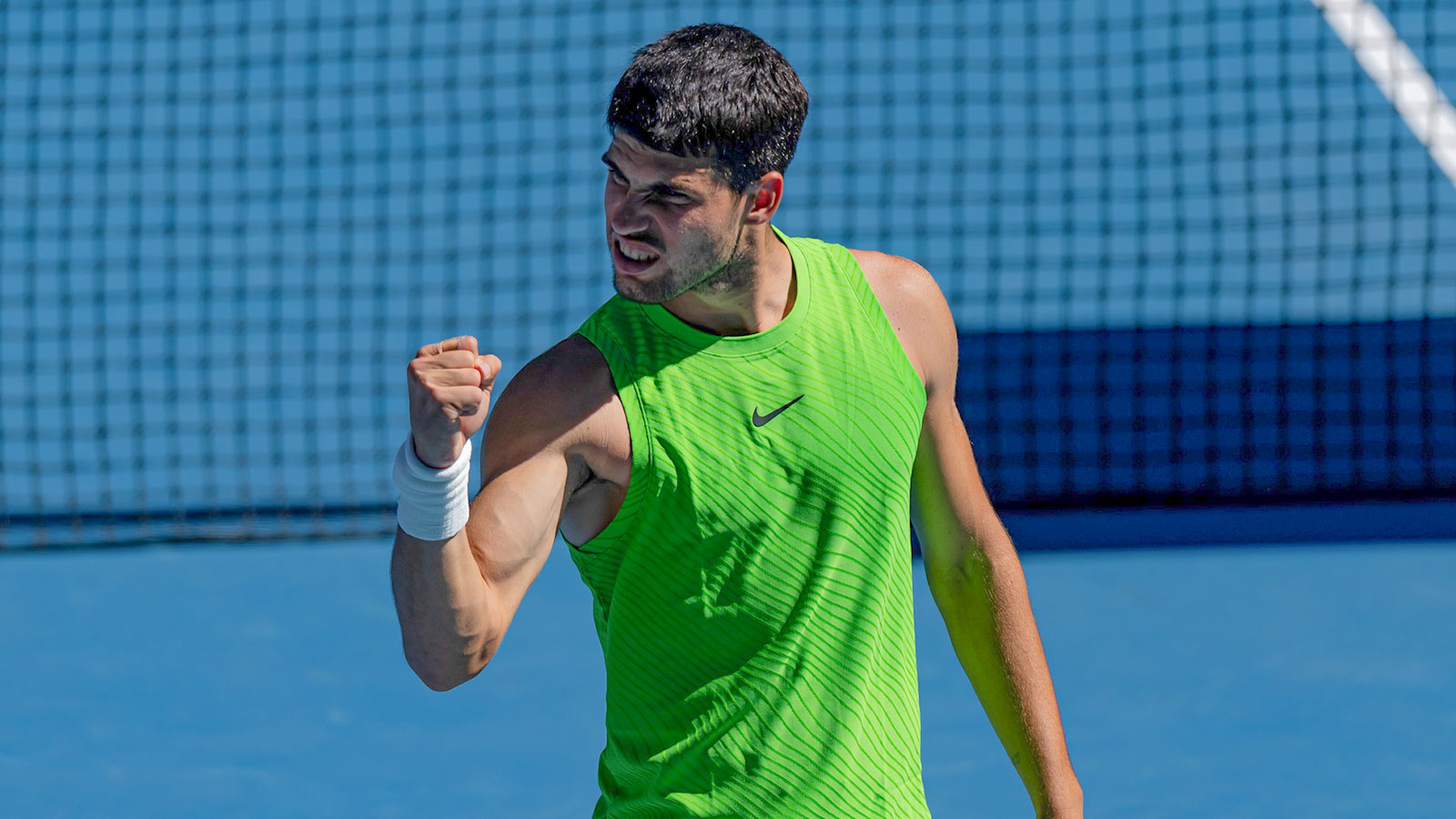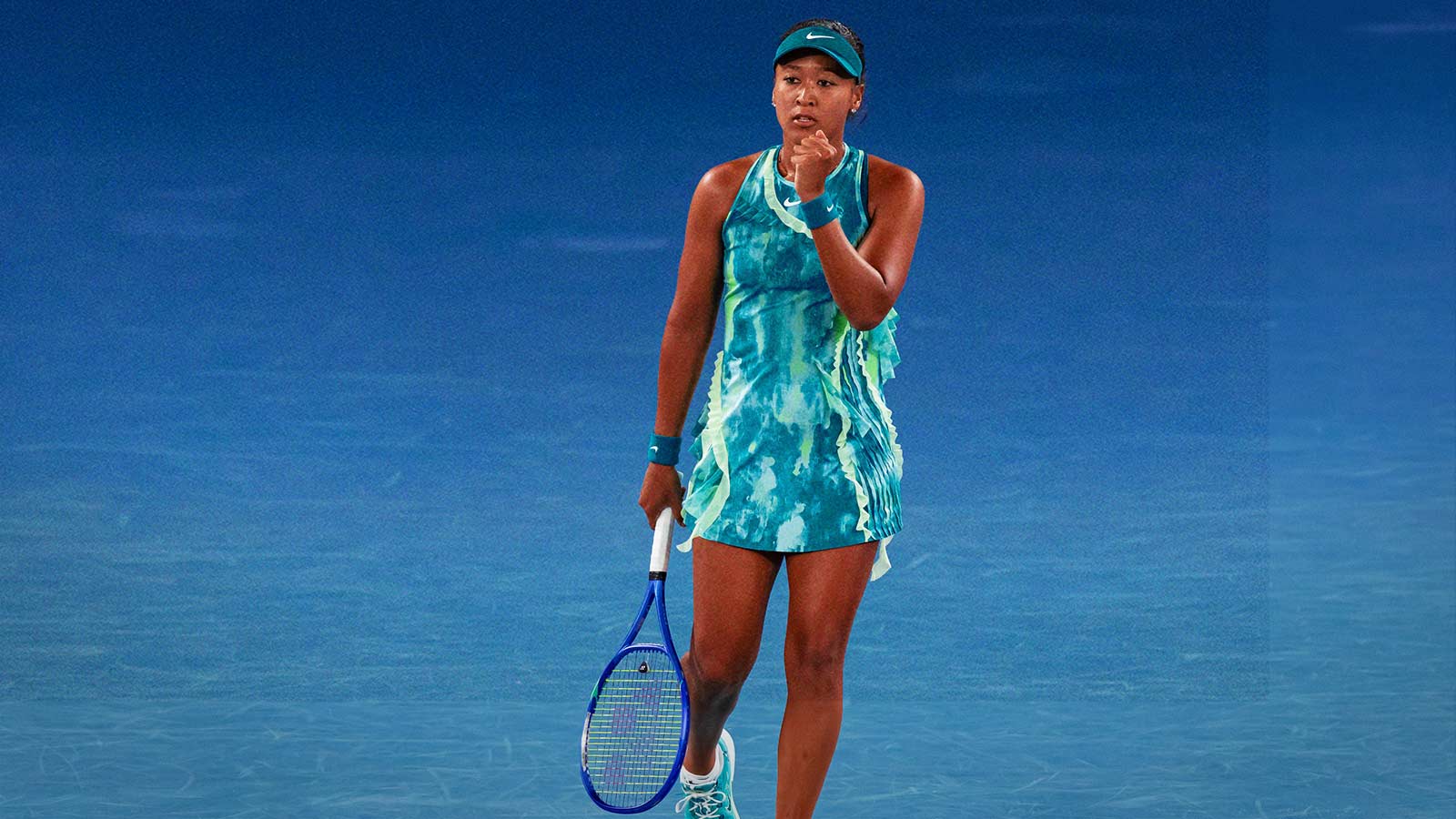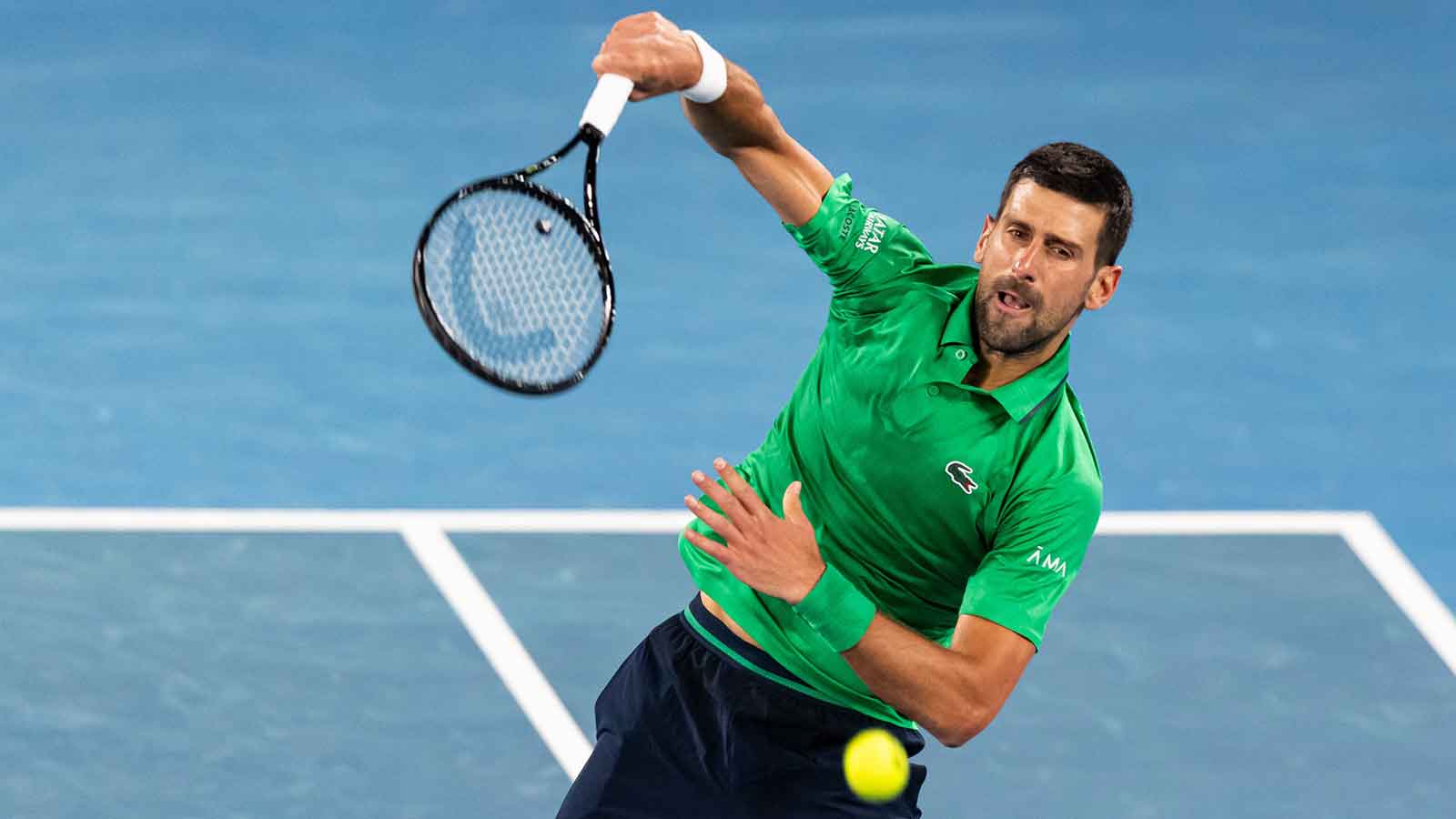In a surprising turn of events, Simona Halep, the Romanian tennis powerhouse, is set to return to the court after a substantial reduction in her doping suspension, from an initial double four-year ban to a retroactive nine-month period. Halep, previously banned due to two anti-doping rule violations, has received a verdict from the Court of Arbitration for Sport (CAS).
The CAS panel, after reviewing all evidence, concluded that the presence of the banned substance roxadustat in Halep's system was due to her consumption of a contaminated supplement before Aug. 29, 2022. While acknowledging that Halep bore some fault, the panel determined that there was no significant negligence on her part in using the Keto MCT supplement, hence reducing her suspension.
The ITIA had charged Halep with irregularities in her Athlete Biological Passport (ABP), which she disputed. The CAS found that the ITIA did not meet the required standard of proof for the ABP charge, especially considering the context of Halep’s surgery and her public statements that she did not intend to compete for the remainder of the 2022 calendar year. This consideration contributed to the CAS not being “comfortably satisfied,” as reported by Ben Rothenberg of NCR Tennis, that a rule violation under Article 2.2 of the TADP had occurred, leading to the dismissal of that charge.
Halep, who had been provisionally suspended since 2022, has been a prominent figure in tennis, with two Grand Slam titles and a former world No. 1 ranking under her belt. Her case has brought attention to the issues surrounding supplement contamination and the stringent anti-doping rules in professional sports.
The decision is a significant one, not only for Halep but for the tennis community. As she prepares for her comeback, Halep's case will likely be a reference point for future doping disputes and the ongoing conversation about athlete health, responsibility, and the rigorous nature of sports integrity.










